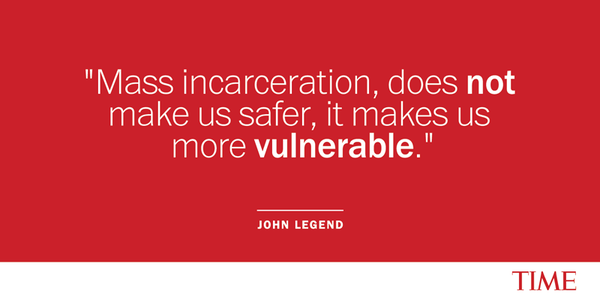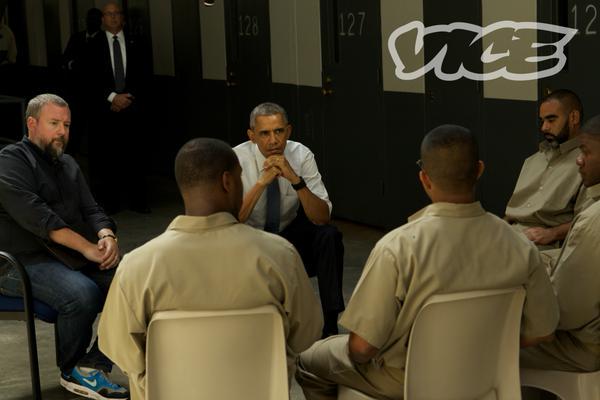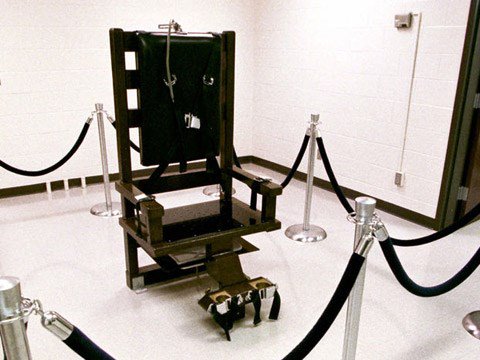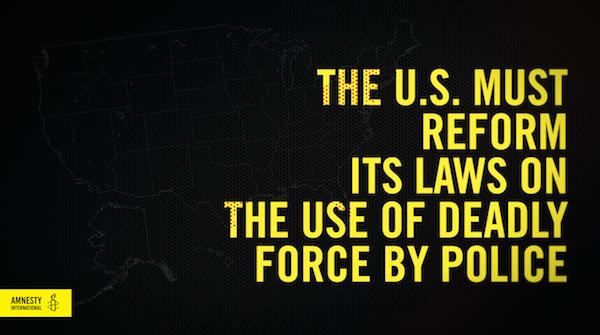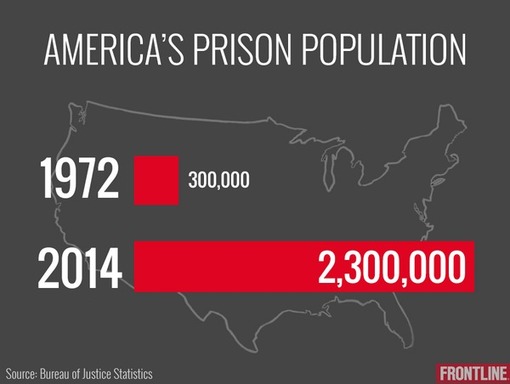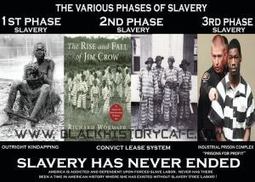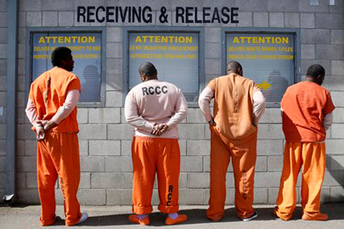
Vanita Gupta was only weeks out of law school in 2001 when she began looking into a strange series of drug busts in a tiny West Texas ranch town named Tulia.
In 1999, a third of the town’s black population had been ensnared in the biggest drug bust the Texas Panhandle had ever seen. Forty-six people, almost all of them poor African-Americans who had prior run-ins with the law, were convicted on charges of cocaine dealing and sentenced to years in prison based solely on the testimony of a former rodeo clown turned undercover cop who had little experience investigating narcotics.
Gupta, then 26, had just joined the NAACP’s Legal Defense Fund, and she began assembling a team of attorneys and civil rights groups to look into the drug arrests, which didn’t smell right to her. It was her first case as an attorney. Two years later, a Texas judge overturned many of the convictions, calling the cop’s testimony not credible. After the officer was found guilty of perjury, Gov. Rick Perry pardoned most of the defendants whose convictions had not been previously overturned.
It was one of the highest-profile cases of racial injustice in recent memory, and it branded Gupta, so young she still resembled a college student, a rising star in the legal world. “Don’t be surprised if she ends up on the Supreme Court someday,” the Houston Chronicle mused in 2003. And Hollywood took notice too, optioning a book about the Tulia case.
In the decade since, Gupta has gone on to become one of the best-known civil rights attorneys in the country — leading the charge on prison reform, immigration law, police overreach and other issues.
Source: news.yahoo.com




